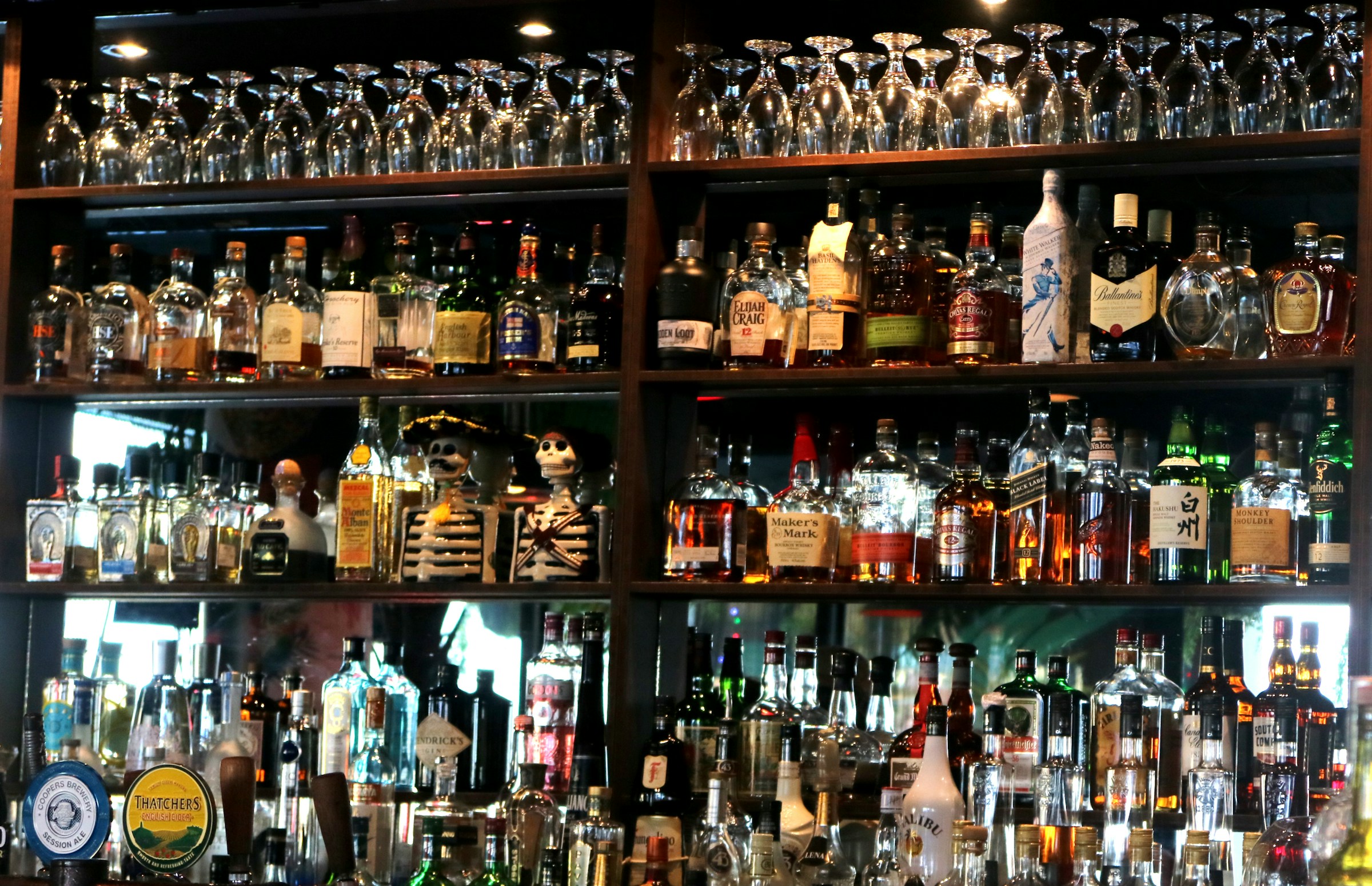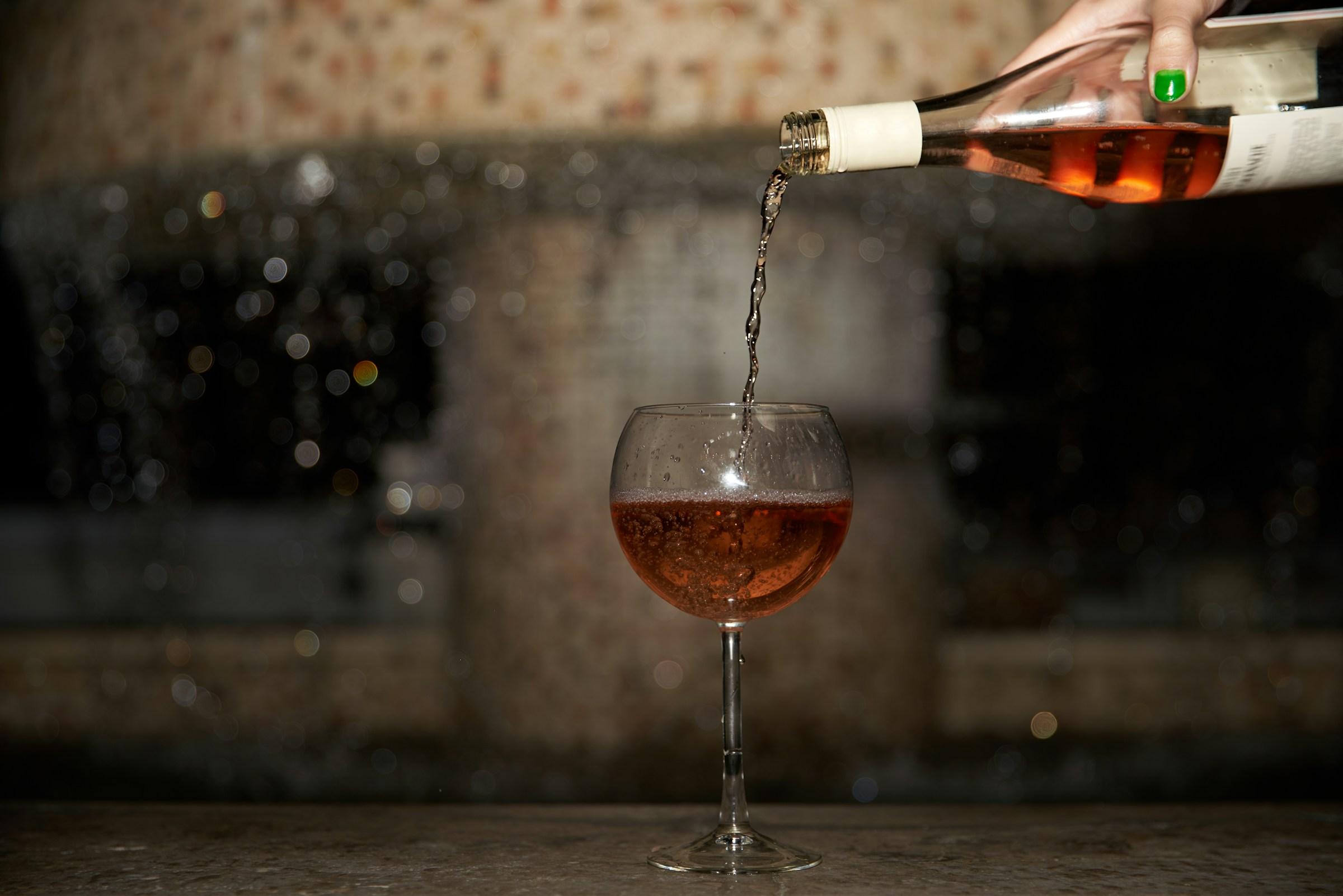The first time you skip a drink, it rarely feels like a big life milestone. Maybe it is just a random Tuesday when you say no to a glass of wine, or you decide that this weekend you want to wake up clear headed instead of heavy and foggy. On the surface, it may look like a tiny decision. Yet inside your body, that decision sets off a surprisingly fast chain reaction. Systems that have been working overtime to manage alcohol in your bloodstream finally get some space to do their real job. That is why your body often responds more quickly than you expect once you stop drinking, even if your mind has not quite caught up with the change.
Alcohol touches almost every part of your body. It affects your brain, your heart, your liver, your hormones, your digestion and even your skin. When you drink regularly, your body adapts by constantly compensating. It tries to keep you functioning even while it is busy processing alcohol. When you take alcohol out of the picture, all that hidden effort can finally shift. The body is wired for balance and repair. Given the chance, it moves in that direction almost immediately. You may not see every change in a mirror right away, but the internal reset begins from the moment you stop.
One of the first places this shows up is in your brain chemistry. Alcohol acts like a shortcut to feeling calm or relaxed by nudging certain chemicals in your brain. Over time, especially with regular use, your brain starts to rely on that shortcut. It turns down some of its own natural calming mechanisms because it expects alcohol to show up. When you suddenly remove that chemical support, your brain needs to rebalance. For a few days, this can feel uncomfortable. You might notice irritability, restlessness or a strange mix of tiredness and wired energy. Even though these sensations are not pleasant, they are part of your brain waking up and learning to regulate itself again without a drink. After this initial phase, many people describe a sense of clearer thinking and sharper focus, as if a fog has started to lift.
Sleep is another area where the body reacts quickly once alcohol is out of the way. Many people believe that alcohol helps them sleep because it can make them feel drowsy and relaxed at night. It is true that you might fall asleep faster after a drink, but the quality of that sleep is often poor. Alcohol disrupts the deeper stages of rest that your body relies on for healing, memory and hormone balance. When you stop drinking, your sleep may feel unsettled for a few nights while your body adjusts to falling asleep without that crutch. You might toss and turn or wake up more than usual. Then something shifts. Your natural sleep rhythm begins to return. You start to wake up without the same heavy grogginess, even if the number of hours you sleep has not changed. Quietly, your body is using these deeper, more consistent sleep cycles to repair cells, organise memories and regulate appetite and stress hormones.
Your heart and circulation also respond more quickly than most people imagine. Alcohol can raise your heart rate and blood pressure, particularly if you drink often or heavily. It may also trigger palpitations that feel like pounding or fluttering in the chest. When you stop drinking, your cardiovascular system gets a break from this constant stimulation. Within days, your resting heart rate may begin to settle. Your blood pressure can edge downward, especially if you pair your change in drinking habits with more water, lighter meals at night and gentle movement. Even something as simple as walking up stairs can start to feel different. Instead of feeling like your heart is racing by the second flight, you might notice a calmer, more steady rhythm as your circulation finds its footing again.
The liver is one of the hardest working organs in your body, and it is deeply involved in how you process alcohol. Whenever you drink, your liver must prioritise breaking down alcohol so it can leave your system safely. While it is busy doing that, it has less capacity to handle fats, hormones and other toxins. Over time, this extra workload can inflame the liver and lead to fat buildup. The encouraging news is that the liver is also remarkably resilient. When you stop drinking, it immediately gets a chance to clear the backlog. It can start repairing damaged cells and improving the way it handles fats. In the short term, this might show up as reduced bloating around your abdomen, less tenderness or heaviness in that area and a slight drop on the scale as excess fluid leaves your body. You may also notice that your digestion feels more settled and regular.
Your skin often reflects what is happening inside you, and it is one of the most visible places where people notice quick changes after they stop drinking. Alcohol dehydrates you and widens tiny blood vessels beneath the surface of your skin. Over time, this can lead to redness, puffiness and a dull, tired look. Once you are no longer drinking and you start replacing those drinks with water or other non alcoholic options, your hydration levels improve. Within days to weeks, your skin may look less puffy and more even in tone. Fine lines can appear softer simply because your cells are holding more moisture. Dark circles under your eyes may lighten. If you struggle with acne or redness, these can gradually ease as inflammation in your body decreases. It is not an overnight transformation, but the contrast can be surprisingly noticeable in a short period.
Energy levels are another area where change comes faster than many people expect. Alcohol can interfere with the way your body uses glucose, which is your main energy source. It can also disrupt the absorption of important nutrients, including B vitamins that help convert food into usable fuel. When you stop drinking, your body slowly begins to correct these imbalances. At first, you might crave sugar as your system looks for the quick hits it used to get from alcohol. If you respond by eating regular meals with protein, fibre and healthy fats, your energy becomes more stable. You may notice that the afternoon crash is not as dramatic, or that you can get through your day without feeling like you are dragging yourself from one task to the next. Climbing a hill, carrying groceries or playing with your kids can start to feel easier as your stamina improves.
Emotionally, the reaction to stopping alcohol can feel messy and complicated, yet it is still a sign of how quickly your body is adapting. Alcohol often acts like an emotional cushion. It takes the edge off difficult feelings, but it also dulls your capacity to experience joy, excitement and deep connection. When you remove that cushion, life can feel louder and sharper. You might find yourself crying more, feeling anxious in situations that never used to bother you, or noticing irritation that you once drank away. This can be confronting, but it is also a form of truth returning to your nervous system. Your reactions start to match the reality of your life more closely. Over time, as your body adjusts, many people find that their overall mood becomes more stable. Instead of swinging between numbed out and overwhelmed, you experience a wider, more genuine range of feelings without needing a drink to manage them.
Your daily environment plays a surprisingly large role in how quickly you feel these changes. When alcohol has been a regular guest in your home, certain sights, sounds and routines become linked to drinking. The glass you always reach for at six in the evening, the spot on the sofa where you scroll on your phone with a drink in hand, the section of the kitchen counter where bottles sit in a neat row. When you stop drinking, simply removing these visual reminders gives your brain and body a fresh script to follow. Replacing alcohol with other small comforts helps your nervous system build new associations. A pot of herbal tea on the stove, a bowl of cut fruit on the table or a fresh stack of library books by your bed send a subtle message. They say that rest and reward are still available, just in a different form.
Socially, your body also reacts to the absence of alcohol, although this is more about how you feel in your own skin than any measurable physical change. Without a drink to lean on, you begin to notice who you feel safe with and who leaves you feeling tense or drained. You might realise that you have less patience for noisy gatherings that stretch late into the night and more appreciation for small, unhurried conversations. At first this can feel like losing a layer of armour, but your body often responds with a quiet kind of relief. You are no longer pushing yourself to tolerate situations that do not match what you genuinely need. This reduction in social strain can show up in your body as a softer jaw, a less knotted stomach and fewer stress headaches.
All of these quick responses add up to one core truth. Your body has been on your side the whole time. Even if you have had years of drinking behind you, your cells have kept doing their best to protect and repair what they can. When you stop drinking, you are not suddenly becoming a different person. You are allowing the systems that keep you alive to finally do their work without constant interruption. A calmer heartbeat, a less puffy face, a clearer morning and a softer mood are not small things. They are daily proof that change is possible and already underway.
Sustaining this shift is less about willpower and more about design. When your home and routine support your choice to drink less or not at all, your body does not have to fight so hard. That might mean planning gentle activities for the times you used to drink, like evening walks, stretching, journaling or calling a trusted friend. It might mean stocking your fridge with drinks that feel special but do not contain alcohol, so you still have the small pleasure of something chilled in a glass at the end of the day. It might simply mean going to bed half an hour earlier and letting your body enjoy the deeper, more restorative sleep it has been craving.
You do not have to wait months to see results. Your body begins to respond from the moment you step away from your next drink. Some changes are subtle. Some arrive like a quiet surprise, such as noticing that a Sunday morning feels calm instead of foggy. Each positive shift is a sign that your body has not given up on you. With every alcohol free day, you are building a new normal where clearer mornings, steadier moods and a softer relationship with your own body become the rule rather than the exception.














